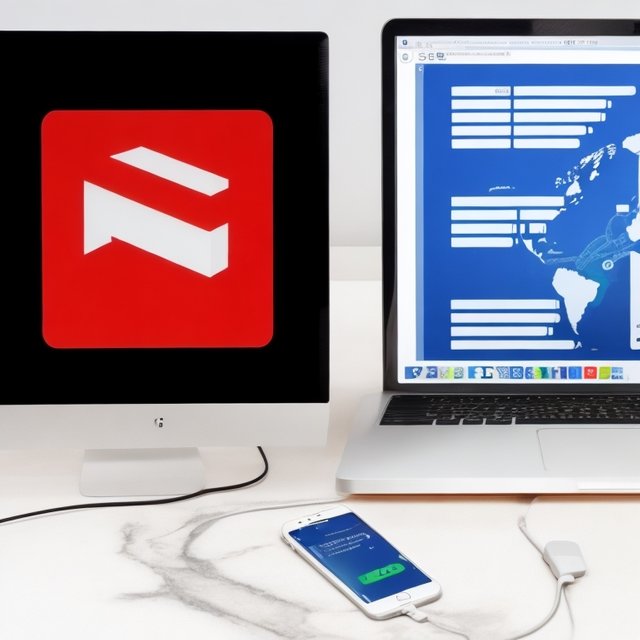Internet Censorship: Blocking and Filtering
Internet censorship is the control or suppression of the publishing or accessing of information on the Internet. Internet filtering is the technical process of blocking or limiting access to websites and online content.
Internet censorship and filtering can be implemented by a variety of stakeholders, including governments, businesses, and schools.
Government censorship
Governments around the world use internet censorship and filtering to restrict access to information that they consider to be harmful, sensitive, or subversive.
Some common reasons for government censorship include:
To protect national security
To maintain public order
To promote morality
To suppress dissent
Business censorship
Businesses may also use internet censorship and filtering to protect their intellectual property, to prevent employees from accessing inappropriate content, or to comply with government regulations.
For example, some businesses may block websites that contain pirated software or videos.
School censorship
Schools may also use internet censorship and filtering to protect students from inappropriate content, such as pornography, violence, or hate speech.
For example, many schools block social media websites or websites that contain sexually explicit content.
Methods of internet censorship and filtering
There are a variety of methods that can be used to censor and filter internet content. Some of the most common methods include:
IP blocking: IP blocking involves blocking access to specific websites by blocking their IP addresses.
DNS filtering: DNS filtering involves blocking access to specific websites by tampering with the DNS system.
URL blocking: URL blocking involves blocking access to specific websites by blocking their URLs.
Keyword blocking: Keyword blocking involves blocking access to websites that contain specific keywords.
Deep packet inspection: Deep packet inspection involves inspecting the content of packets to identify and block specific types of content.
Impact of internet censorship and filtering
Internet censorship and filtering can have a number of negative consequences, including:
Restriction of access to information: Internet censorship and filtering can prevent people from accessing information that is important to them, such as news, educational resources, or political and social commentary.
Violation of human rights: Internet censorship and filtering can violate people's human rights to freedom of expression and access to information.
Economic harm: Internet censorship and filtering can harm the economy by limiting access to information and services.
Circumventing internet censorship and filtering
There are a number of ways to circumvent internet censorship and filtering, including:
Using a VPN: A VPN encrypts your traffic and routes it through a server in another location. This makes it more difficult for government agencies and other stakeholders to track your online activity and block access to content.
Using proxy servers: A proxy server acts as an intermediary between your computer and the internet. This allows you to access websites that are blocked in your region.
Using Tor: Tor is a free and open-source software that allows you to browse the internet anonymously. Tor does this by routing your traffic through a network of relays.
Conclusion
Internet censorship and filtering are serious problems that can have a negative impact on people's lives. However, there are a number of ways to circumvent internet censorship and filtering.
It is important to be aware of the methods that are used to censor and filter internet content so that you can take steps to protect your privacy and access the information that you need.
